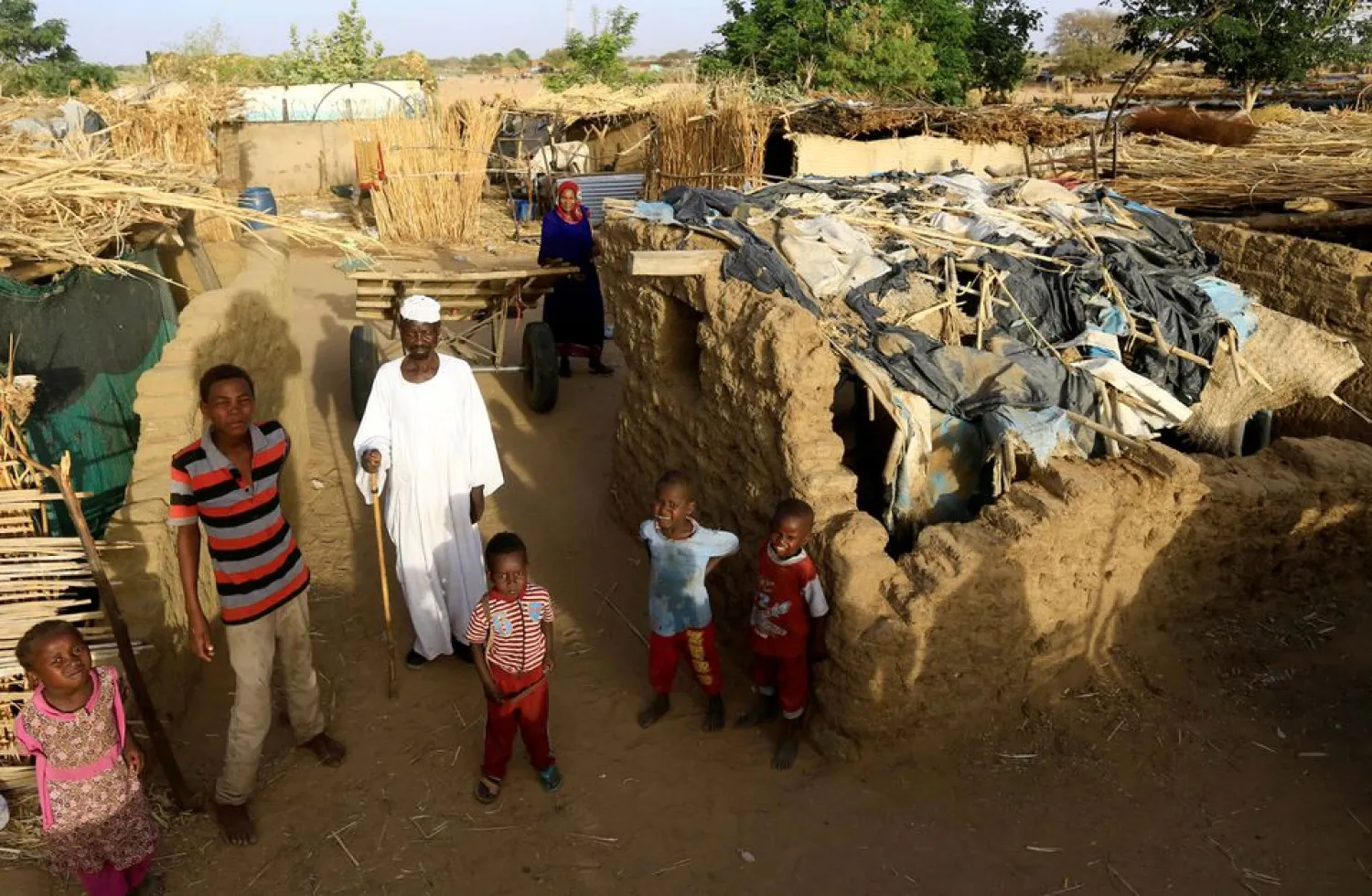Three people were killed Friday in Sudan's restive Darfur region, witnesses and an aid group said, as the United Nations condemned recent clashes that have left over 200 dead.
West Darfur state, the arid region of Sudan bordering Chad, has for the past week been gripped by deadly violence between members of the Massalit community and Arab fighters.
On Friday, gunmen opened fire in a fruit market in West Darfur's state capital El Geneina, said Adam Regal from the General Coordination for Refugees and Displaced in Darfur, a Sudanese independent aid group.
"Three people were shot dead in El Geneina," Regal said, a toll confirmed by local resident Abdelrahman Hussein. It was not immediately clear what provoked the shooting, AFP reported.
Over 200 people have been killed and scores wounded in a week of heavy fighting, initially centered around the town of Krink, before spreading to El Geneina, which lies over 1,100 kilometers west of the capital Khartoum.
On Friday, the UN Security Council condemned the clashes and called for an "immediate cessation of violence" and a "transparent investigation" into those responsible.
The UN stressed "the primary responsibility of state authorities to protect civilians."
The latest violence comes as Sudan grapples with fallout from a coup in October last year led by army chief Abdel Fattah al-Burhan.
Last week's deadly violence erupted with gunmen reportedly attacking Massalit villages around Krink in retaliation for the killing of two comrades.
The UN said more than 1,000 armed members of the Arab Rizeigat community then swept into the town.
Health facilities and government buildings were attacked or set on fire in the violence, according to the UN.
Witnesses have accused the Janjaweed militia of orchestrating the violence.









